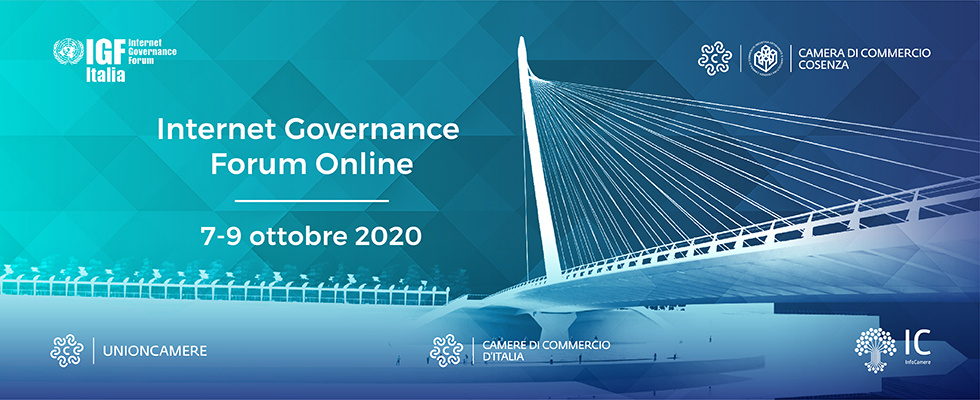Iniziative Europee e internazionali
7 Oct 2020 10:30h - 12:00h
Event report
The session presented an overview of the current ongoing international Internet governance initiatives at the global and regional level.
Ms Anriette Esterhuysen (Chair, Internet Governance Forum [IGF], Multistakeholder Advisory Group [MAG]) highlighted the key discussion points of the UN Secretary General’s Roadmap for Digital Cooperation including the five dimensions on which it is built, the concerns raised, along with the recommendations including the idea of growing the IGF to IGF+. She mentioned the paper on options for the future of global digital cooperation which few MAG members are reviewing. Esterhuysen emphasised the importance of recognising that digital co-operation is broader than Internet governance and the necessity to debate and discuss the future of digital co-operation.
Ms Anja Gengo (UN IGF Secretariat, NRIs Coordinator) highlighted the strong emphasis on the national and regional IGFs (NRIs) and the need to forge linkages among NRIs for their sustainability as mentioned in the Roadmap for Digital Cooperation.
Mr Chengetai Masango ( UN IGF Secretariat, Head) shared an overview of this year’s first ever virtual IGF and the changes made to better integrate the global audience with different time zones; incorporation of a dedicated youth track; having speakers in the High Level Leaders track; inclusion of new topic such as the environment; integrating remote hubs based on sessions of interest; networking breaks based on issues, regions, IGF components, and others.
Gengo highlighted the work done by the NRIs including youth initiatives in the preparation of IGF2020. She discussed the NRI related sessions planned during IGF2020: the NRIs main session, a themed Role of Internet in emergency situation; seven collaborative sessions; the NRIs joint booth; the NRIs co-ordination session, and NRIs as contributors to the IGF intersessional work.
Engagement of youth was much discussed, emphasising the need to encourage new communities to come into the IGF in a structured manner. Mr Michał Pukaluk (Director, International Policy Department, Ministry of Digital Affairs, Poland) shared how the IGF this year is focusing on engaging the youth and the gaming community. Gengo stressed on the necessity to give visibility to youth IGF for the sustainability of the IGF. Masango shared that the IGF Youth publication would be released before the end of the month.
Mr Giacomo Mariotti (Next Generation Internet [NGI] & NESTA Italia) spoke on the objectives of the NGI initiative which aims to make the Internet more humancentric by improving trust, security, and inclusion. He highlighted the NGI forward initiative which is working on drafting a policy till 2030. The policy draft focuses on five areas: topic and stakeholder mapping, research and policy roadmaps, consultation through collective intelligence, and stakeholder engagements. He also elaborated on the Working paper on the vision for the future Internet. Mr Antoine Vergne (Director, Strategic Partnerships, Missions Publiques) spoke about the on the ‘We, the Internet’ global citizens dialogue and the outcome of the 2020 Stakeholders Dialogue Results. He further elucidated the current global deliberations being undertaken by Missions Publiques, in 77 countries to discuss issues related to Internet access, data, digital public sphere, artificial intelligence (AI), and Internet governance with an objective of coming up with an outcome document that aims to influence governments.
For the amalgamation of the various initiatives underway, Esterhuysen suggested how the global IGF could be the most appropriate platform, acting as a centre of participation and knowledge sharing of all these activities.
Related topics
Related event

